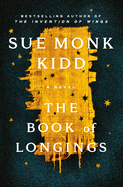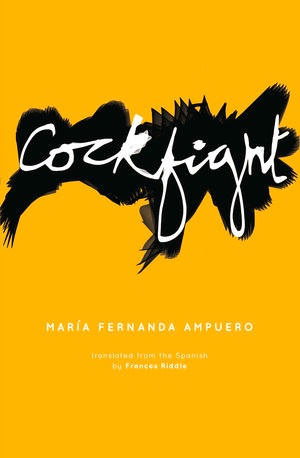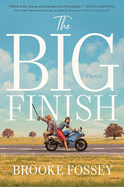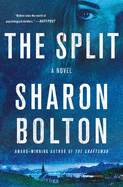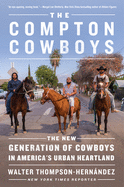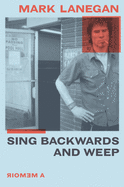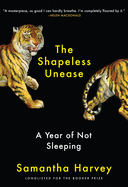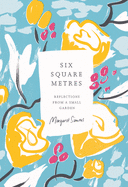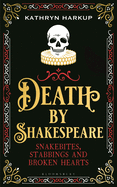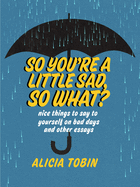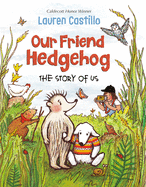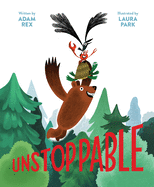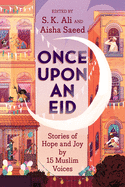Hotel Reads in a Time of Vacancy
Last week, Stephen King told Stephen Colbert that The Shining's Jack Torrance was a character he wouldn't want to be quarantined with right now. Seems reasonable.
In olden (pre-Covid-19) times, I spent about 30 days per year in hotel rooms, but I'm unlikely to do so again for a while. Hotels have never been so vacant, which is scary on many levels and has prompted thoughts of great hotel reads and empty rooms (except, of course, for the ghosts).
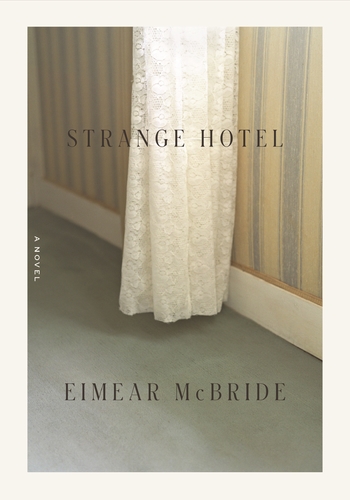 I recently booked a few days in Eimear McBride's brilliant novel Strange Hotel (FSG), offering amenities like this: "Which begs the question then, does she think of her life in these hotel rooms as laboratorially contained? Clearly the answer is yes, she has thought of it in this way. Each experience and experiment brought to culmination, data stripped, then labelled a failure or success. Is that really true? The answer is really yes: anthill--hotel rooms, ants as men. On reflection she can't deny the similarities between these games and their, oh so conscientiously maintained, absences of conquest."
I recently booked a few days in Eimear McBride's brilliant novel Strange Hotel (FSG), offering amenities like this: "Which begs the question then, does she think of her life in these hotel rooms as laboratorially contained? Clearly the answer is yes, she has thought of it in this way. Each experience and experiment brought to culmination, data stripped, then labelled a failure or success. Is that really true? The answer is really yes: anthill--hotel rooms, ants as men. On reflection she can't deny the similarities between these games and their, oh so conscientiously maintained, absences of conquest."
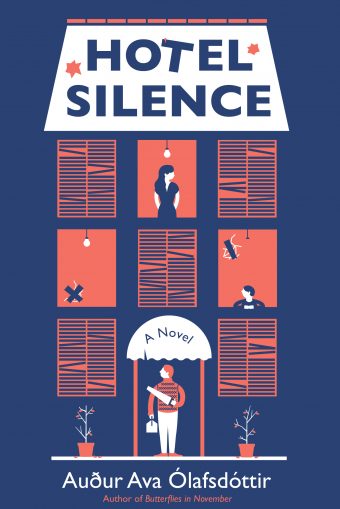 I've also stayed in the beautifully surreal Hotel Silence by Audur Ava Ólafsdóttir, translated by Brian FitzGibbon (Grove Press/Black Cat), where Jónas observes: "Sleeping pills also feature as a way of enabling people to sleep longer than usual in hotel rooms, for eternity you might say."
I've also stayed in the beautifully surreal Hotel Silence by Audur Ava Ólafsdóttir, translated by Brian FitzGibbon (Grove Press/Black Cat), where Jónas observes: "Sleeping pills also feature as a way of enabling people to sleep longer than usual in hotel rooms, for eternity you might say."
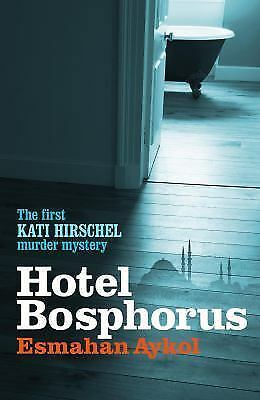 And a great time was had in Hotel Bosphorus by Esmahan Aykol, translated by Ruth Whitehouse (Bitter Lemon Press), where the intrepid Istanbul bookseller Katie Hirschel investigates a murder in "a suite with a magnificent view. It was almost larger than my apartment.... Can a hotel room make a person happy? Well, this one could."
And a great time was had in Hotel Bosphorus by Esmahan Aykol, translated by Ruth Whitehouse (Bitter Lemon Press), where the intrepid Istanbul bookseller Katie Hirschel investigates a murder in "a suite with a magnificent view. It was almost larger than my apartment.... Can a hotel room make a person happy? Well, this one could."
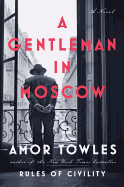 Ultimately, however, I suspect I'm more like Count Rostov in Amor Towles's wonderful A Gentleman in Moscow. Exiled to the Metropol Hotel's attic, he adapts: "Thus, within an hour he had reduced his room to its essentials: a desk and chair, a bed and bedside table, a high-back chair for guests, and a ten-foot passage just wide enough for a gentleman to circumambulate in reflection." --Robert Gray, contributing editor
Ultimately, however, I suspect I'm more like Count Rostov in Amor Towles's wonderful A Gentleman in Moscow. Exiled to the Metropol Hotel's attic, he adapts: "Thus, within an hour he had reduced his room to its essentials: a desk and chair, a bed and bedside table, a high-back chair for guests, and a ten-foot passage just wide enough for a gentleman to circumambulate in reflection." --Robert Gray, contributing editor




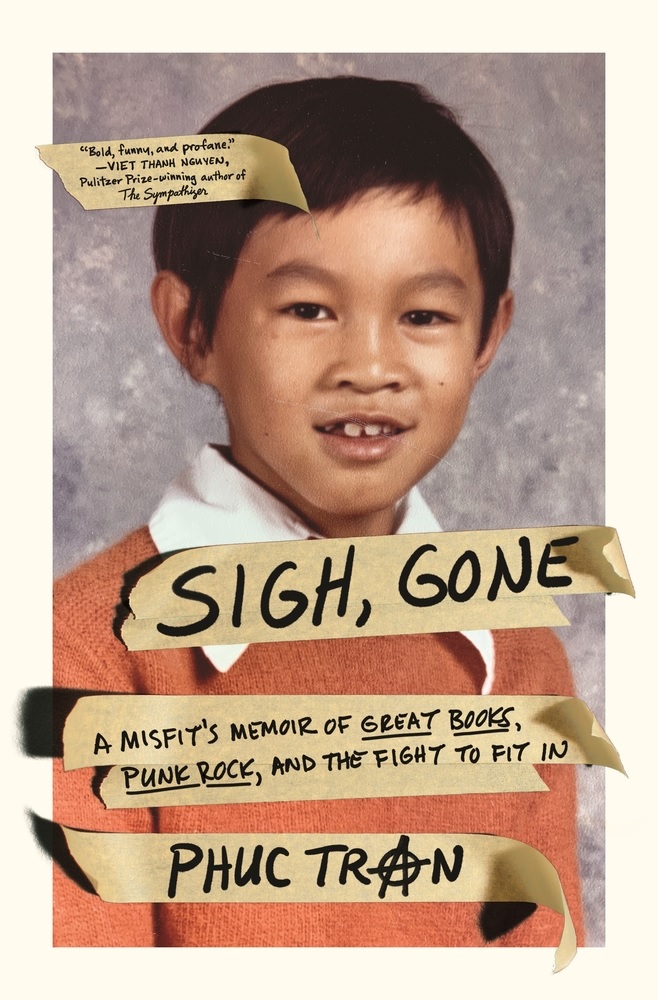 Book you're an evangelist for:
Book you're an evangelist for: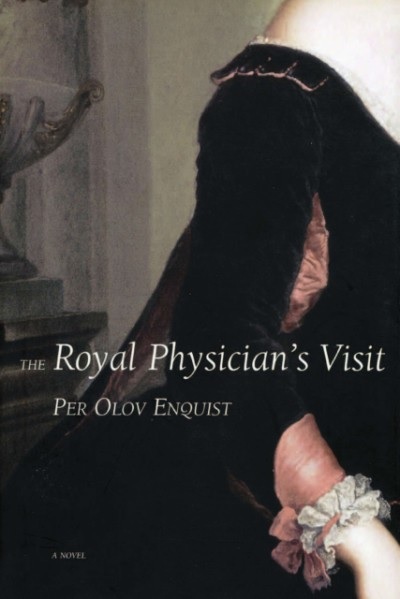 Per Olov Enquist, the Swedish novelist, playwright, poet and screenwriter, died April 27 at age 85. Enquist was winner of the Nordic Council's literary prize and the Swedish Academy's Nordic prize. His historical novel The Visit of the Royal Physician won him the August Prize, Sweden's most prestigious literary award after the Nobel. He won a second August award for his 2008 autobiography A Different Life. His books, including The Crystal Eye (1961), The Parable Book (2013), The Magnetist's Fifth Winter (1964) and The March of the Musicians (1978), have been translated into a dozen languages. He also helped write the screenplay for the film Pelle the Conqueror, which won an Oscar for best foreign language film. "Few have, like him, inspired other writers, renewed the documentary novel, revitalized Swedish drama and touched readers for more than half a century," said Håkan Bravinger, literary director at Enquist's Swedish publisher, Norstedts.
Per Olov Enquist, the Swedish novelist, playwright, poet and screenwriter, died April 27 at age 85. Enquist was winner of the Nordic Council's literary prize and the Swedish Academy's Nordic prize. His historical novel The Visit of the Royal Physician won him the August Prize, Sweden's most prestigious literary award after the Nobel. He won a second August award for his 2008 autobiography A Different Life. His books, including The Crystal Eye (1961), The Parable Book (2013), The Magnetist's Fifth Winter (1964) and The March of the Musicians (1978), have been translated into a dozen languages. He also helped write the screenplay for the film Pelle the Conqueror, which won an Oscar for best foreign language film. "Few have, like him, inspired other writers, renewed the documentary novel, revitalized Swedish drama and touched readers for more than half a century," said Håkan Bravinger, literary director at Enquist's Swedish publisher, Norstedts.